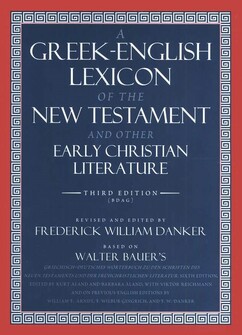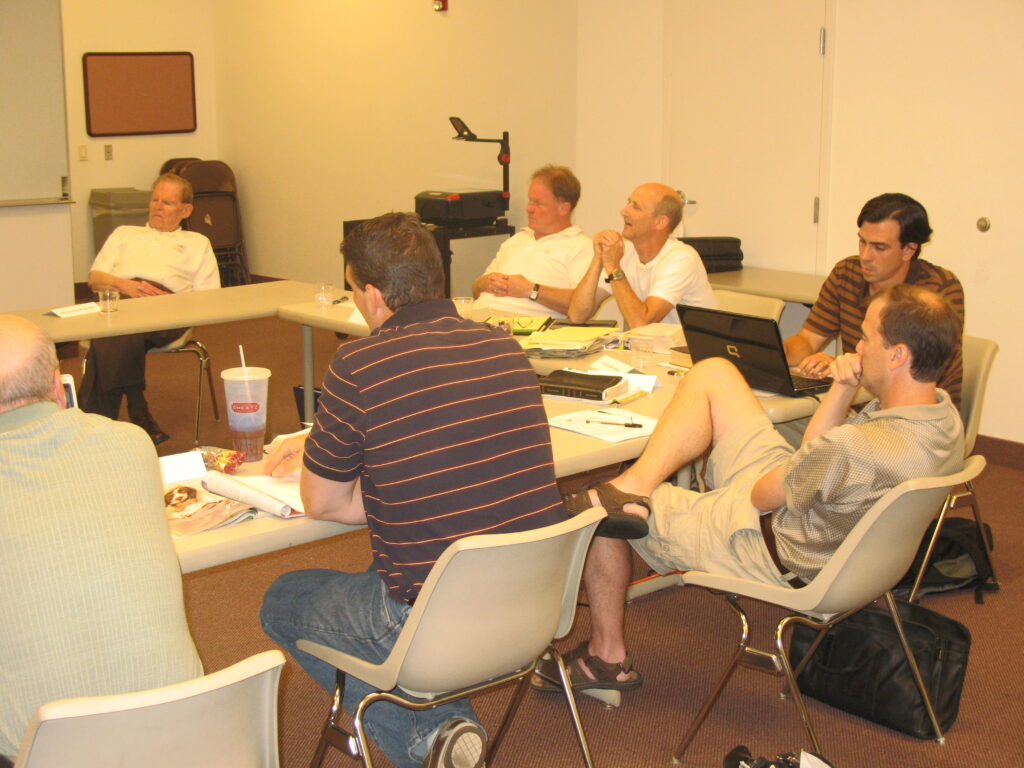
A few years ago my youngest daughter and her husband bought me a copy of, The Valley of Vision: A Collection of Puritan Prayers & Devotions. In the prayer, Love Lustres At Calvary, I came across an unexpected tutorial in how to move from the cross of Christ to the benefits His death provides.
I find that these kind of examples help me connect text to Christ to some element of salvation contained in the text.
In that prayer there are 18 “that I might” statements. In general they’re like: Christ died “that I might” experience some benefit of His death.
Here are a few of them to give you a sense of what this move might sound like:
“Christ was all anguish that I might be all joy,
cast off that I might be brought in,
trodden down as an enemy that I might be welcomed as a friend,
surrendered to hell’s worst that I might attain heaven’s best,
stripped that I might be closed,
wounded that I might be healed,
athirst that I might drink,
tormented that I might be comforted…” (pp. 76-77)
I have found that this kind of formula helps me know what to look for in a preaching portion. The text contains some link to Christ-crucified and that link moves me to a “that I might…” statement of an element of salvation.
Watch your congregants’s faces reflect their gratitude to God for providing His Son. The author of the prayer states,
“All this transfer thy love designed and accomplished; Help me to adore thee by lips and life.” (p. 77)
Not only do cross-eyed readings like this illicit faith-first response to the text, but they also urge our listeners to love God more.
May our Lord receive glory in the church and in Christ Jesus (Ephesians 3:21) as we perform cross-eyed readings each Sunday.
Randal










